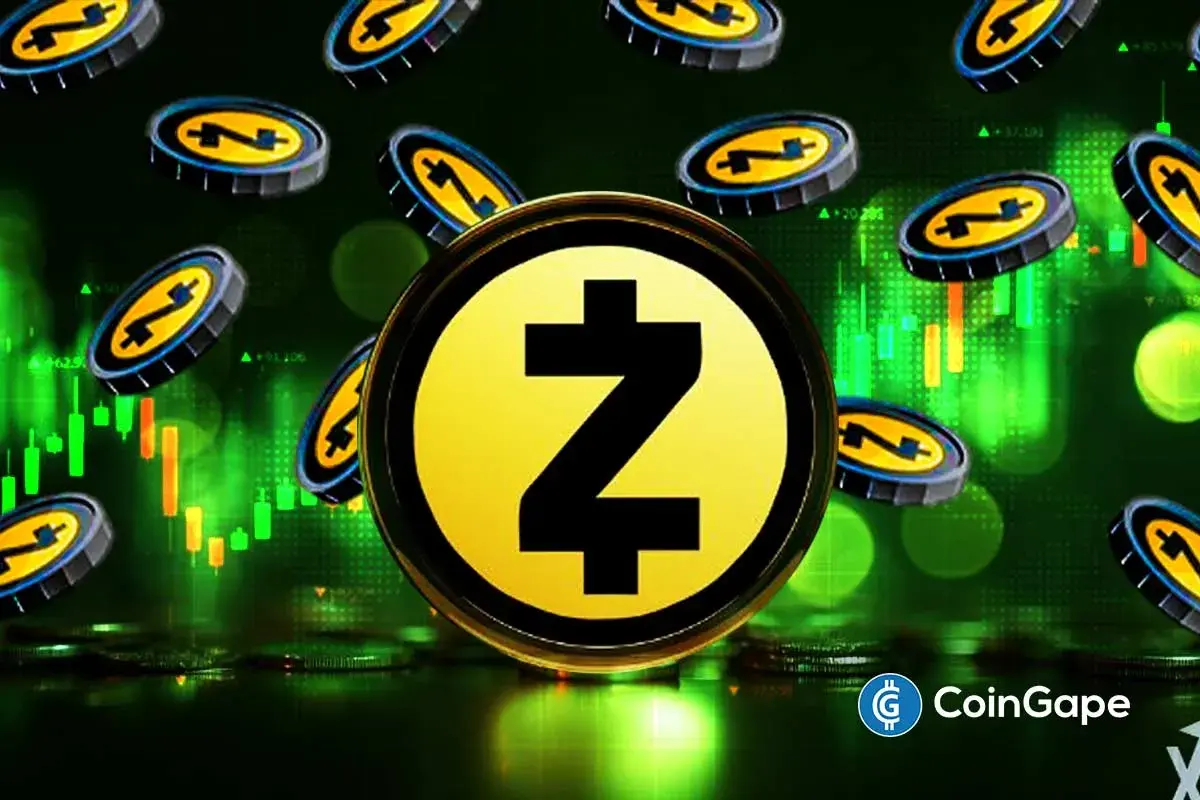Japan’s FSA Wants Crypto Exchanges To Delist Zcash, Monero & Dash
Japan’s Financial Services Agency (FSA) is getting stricter as it has been reported that the regulator is pressuring the cryptocurrency exchanges to drop the privacy-focused cryptocurrencies viz. Monero, Zcash, and Dash from their platform.
Japan’s financial watchdog gets strict on privacy-focused cryptocurrencies
According to the reports, the Financial Services Agency of Japan is pressuring the registered cryptocurrency exchanges to drop the top privacy-focused cryptocurrencies viz. Monero, ZCash, and Dash.
The decision has been taken in a group meeting between the country’s financial watchdog and industry experts. Unnamed sources close to the FSA have stated that the regulatory agency is taking the required steps to pressure the domestic cryptocurrency exchanges to drop support for these altcoins that allows users to make anonymous transactions.
According to the FSA, these cryptocurrencies are very difficult to track and are being used in the underworld.
Earlier this year, Coincheck suffered one of the biggest hacks that resulted in the loss of $530 million dollars worth of NEM cryptocurrency. Now, Coincheck has dropped all three of these cryptocurrencies. It has been reported that FSA has been informing the exchanges that dealing with these cryptocurrencies can make it hard for them to gain approval.
Also, read: Is It The End Of Cryptocurrency Era In Russia?
Ban the cryptos offering anonymity or the exchanges from listing them?
According to Forbes, the unnamed member of the group stated: “It should be seriously discussed as to whether any registered cryptocurrency exchange should be allowed to use such currencies.” The regulator is currently trying to make the decision on whether to ban these cryptos or simply ban the exchanges form listing them.
Though FSA hasn’t released any official announcement regarding the coins, cryptocurrency exchanges don’t want to take any risks and are trying to comply with the regulations. Just last month, FSA warned the biggest cryptocurrency exchange Binance to halt their operation in the country or face charges that led the exchange to shift its base to Malta.
Just last week, a self-regulatory body came into existence in Japan that will further introduce the best practices in the crypto sector. As an effective approach, the regulators and the self-regulatory bodies have to come up with far more effective methods like KYC and AML measures to monitor and control the nefarious use of cryptocurrencies.
Do you think not allowing the cryptocurrency exchanges to list Zcash, Monero, and Dash is the right decision by FSA? Share your thoughts with us!
- U.S. CFTC Committee Appoint Ripple, Coinbase, Robinhood CEOs to Boost Crypto Regulation
- What Will Spark the Next Bitcoin Bull Market? Bitwise CIO Names 4 Factors
- U.S. CPI Release: Wall Street Predicts Soft Inflation Reading as Crypto Market Holds Steady
- Bhutan Government Cuts Bitcoin Holdings as Standard Chartered Predicts BTC Price Crash To $50k
- XRP News: Binance Integrates Ripple’s RLUSD on XRPL After Ethereum Listing
- Solana Price Prediction as $2.6 Trillion Citi Expands Tokenized Products to SOL
- Bitcoin Price Could Fall to $50,000, Standard Chartered Says — Is a Crash Coming?
- Cardano Price Prediction Ahead of Midnight Mainnet Launch
- Pi Network Price Prediction as Mainnet Upgrade Deadline Nears on Feb 15
- XRP Price Outlook Amid XRP Community Day 2026
- Ethereum Price at Risk of a 30% Crash as Futures Open Interest Dive During the Crypto Winter


















